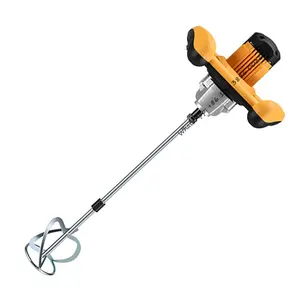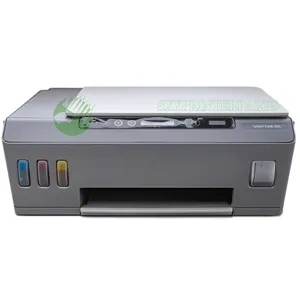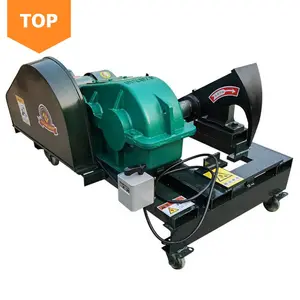Popular in your industry
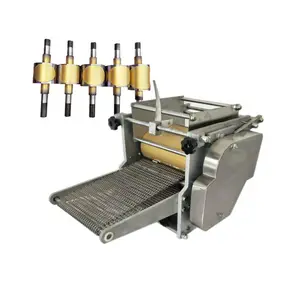













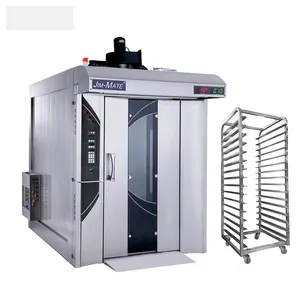












































Related Searches:



























































































































































Top categories
About tortilla equipment for sale
Whether you are a small tortilla shop or a large-scale food manufacturer, investing in tortilla equipment for sale can significantly streamline the tortilla production process. These machines are designed to automate the labor-intensive task of making tortillas, resulting in increased efficiency and consistency. Tortilla equipment ranges from traditional tortilla machines for sale to modern, high-capacity commercial tortilla machines for sale that can produce thousands of tortillas per hour. The type of tortilla equipment required depends on the scale of production and the desired level of automation.
Types of Tortilla Equipment
When it comes to choosing tortilla equipment, there are several options available to suit different production needs. A corn tortilla machine for sale is a popular choice for those looking to produce authentic corn tortillas. These machines are specifically designed to process corn masa and shape it into thin, round discs, mimicking the traditional method of hand-pressing tortillas. For large-scale production, a tortilla machine maker for sale may be the most suitable option. These machines can produce a high volume of tortillas per hour, making them ideal for commercial tortilla manufacturers and food service establishments with high demand. Some machines are designed to produce both corn and flour tortillas, offering versatility to the production line. In addition to the machines that shape and cook tortillas, other essential equipment includes dough dividers, tortilla presses, and ovens. A dough divider is used to portion the dough evenly before it goes into the tortilla machine. A tortilla press can be used to shape the dough into tortillas before cooking, and an oven can be used to bake the tortillas, producing a slightly different texture from the traditional stovetop method. When looking for tortilla equipment for sale, it is essential to consider factors such as production capacity, space requirements, and the type of tortillas to be produced.
Features of Tortilla Equipment
Modern tortilla equipment is designed with features that enhance efficiency, consistency, and ease of use. Many machines are equipped with digital controls and programmable settings, allowing operators to adjust parameters such as thickness, diameter, and cooking time to achieve the desired tortilla specifications. Some advanced models include touchscreen interfaces for intuitive operation. For large-scale production, tortilla machines may feature continuous production lines with conveyor belts that automate the process from dough feeding to tortilla stacking. In terms of construction, stainless steel is a common material used in tortilla equipment for its durability, ease of cleaning, and compliance with food safety standards. Some machines incorporate energy-efficient technologies to reduce operating costs. Safety features such as emergency stop buttons and interlocking guards are also found in many tortilla machines to ensure a safe working environment. The versatility of tortilla equipment allows for the production of various tortilla types, sizes, and thicknesses, catering to the diverse preferences of consumers. Whether it's the thin and pliable flour tortillas used in burritos or the thicker, more robust corn tortillas for tacos, tortilla machines can be adjusted to meet specific requirements.
How to Maintain Tortilla Equipment
To ensure the longevity and consistent performance of tortilla equipment, regular maintenance is essential. Cleaning is a fundamental aspect of equipment maintenance. Regularly cleaning and sanitizing the machine and its components help prevent the buildup of dough residue and maintain food safety standards. It is important to follow the manufacturer's guidelines for cleaning procedures and use appropriate cleaning agents. Additionally, some machines may require lubrication of moving parts to reduce friction and prevent wear. It is crucial to use food-grade lubricants and follow the manufacturer's recommendations for lubrication intervals. Regular inspection of the equipment for signs of wear, loose components, or damage is important. Any issues should be addressed promptly to prevent further damage and ensure the safety of operators. For tortilla machines with electronic components, regular calibration and inspection of sensors and controls can help maintain accuracy and consistency in tortilla production. Following a comprehensive maintenance schedule and keeping detailed records of maintenance activities can help identify potential issues early and optimize the performance of tortilla equipment.

